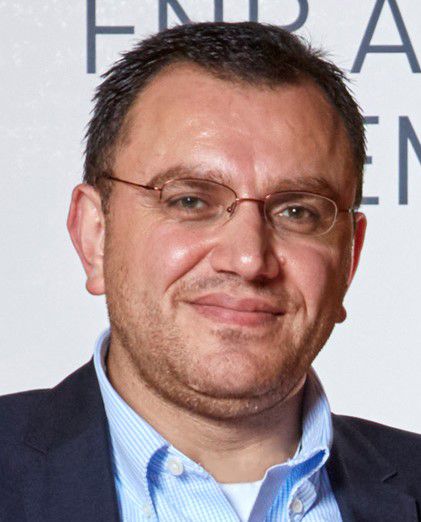28 September 2020
2 min read
Roche Pharma supports Tumor Immunotherapy and Microenvironment (TIME) research group to study the role of hypoxia in tumor immunity
Hypoxia, a decrease in the oxygen pressure, is a major factor developed in the microenvironment of all solid tumors. Tumor cells are able to adapt to hypoxic stress by activating multiple resistance mechanisms, which collectively contribute to the failure of conventional cancer treatments, such as chemo and radiation therapy. However, data underlining the tangible impact of hypoxia on the efficacy of immunotherapy are still missing. The importance of this phenomenon was acknowledged by the attribution of the Nobel Prize 2019 in medicine to three scientists — Gregg Semenza, William Kaelin, and Peter Ratcliffe — for their research on hypoxia.
The Tumor Immunotherapy and Microenvironment (TIME) research group, led by Dr Bassam Janji at the Luxembourg Institute of Health (LIH) Department of Oncology, is highly involved in revealing the effects of hypoxic stress in the tumor microenvironment on the modulation of the anti-tumor immune response. The TIME group has gained an international position by showing for the first time that hypoxic stress in the tumor microenvironment activates resistance mechanism in tumor cells leading to tumor escape from immune surveillance.
Roche is one of the world’s largest pharmaceutical companies and a pioneer in healthcare for nearly 125 years. At the forefront of cancer treatment over the past 50 years, Roche developed medicines for the treatment of skin, colon ovarian, breast, lung and numerous other cancers.
In this context, Roche accepted to grant financial support to an innovative research project of the TIME group, aiming to better understand how hypoxia impairs antitumor immunity and how it can be manipulated to improve current cancer immunotherapeutic approaches.
“This research project will pave the way for the development of innovative therapeutic strategies that could revolutionize cancer care by using hypoxia-drugs, in combination with other established anti-cancer treatments” concludes Dr Janji.

